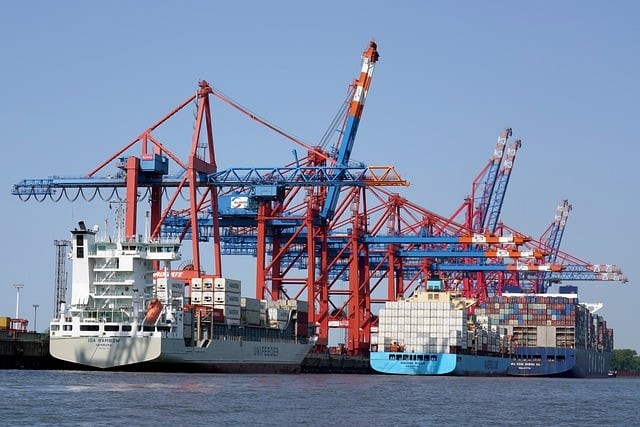
Exemption Policy: The "VIP Express Lane" for Foreign Trade Enterprises
As a veteran with 20 years of experience in foreign trade, I have witnessed countless companies struggling with inspection procedures. I recall a client dealing in electromechanical products in 2015 who lost an $800,000 contract because an urgent order got stuck in the inspection process. The exemption policy for import and export commodity inspections is like a "VIP fast track" that customs provides for high-quality enterprises.
According to the Measures for Inspection Exemption of Import and Export Goods, the core value of this policy is reflected in:
- Customs clearance efficiency improvement:Exempted goods can be released directly based on contract documents
- Cost Savings:No inspection fees are charged during the exemption period
- Brand Value Addition:Obtaining exemption qualification itself is a quality endorsement
Application Threshold: Not All Companies Can Be "Exempt from Inspection"
Last year, I assisted an auto parts company in applying for exemption. Their quality management system was textbook-perfect, but they were still required to rectify issues in the testing capability section. The exemption policy may seem attractive, but the threshold is not low:
- Quality Stability:100% pass rate in customs inspections for three consecutive years
- International Reputation:No record of quality claims and a leading position in the industry
- System Certification:ISO9000 or equivalent standard certification
- Testing Capability:In-house laboratory must meet standards
Special Note: Six categories of goods, including food and hazardous products, are explicitly excluded from exemption. I once saw an agricultural products company mistakenly prepare materials for three months, thinking they could apply for exemption.
Application Guide: Avoid These "Pitfalls" to Save Half a Year
Based on practical experience, the most problematic steps in the application process are:
- Document Preparation:User feedback must be authentic and traceable; we once had materials returned due to incomplete customer contact information
- Preliminary Review Selection:Export exemption must first pass the preliminary review by the direct customs office; never submit directly to the headquarters
- Review Cooperation:Production managers must be present during on-site inspections by the review team
We recommend that companies conduct a mock review before submitting a formal application. Our company's developed "Inspection Waiver Pre-Checklist" helps clients reduce their preparation time by an average of two months.
Exemption ≠ No Management: These Regulatory Red Lines Must Not Be Crossed
In 2019, a certified company had its exemption qualification revoked due to unauthorized changes to its product formula, resulting in significant losses. The exemption certificate is not a "get-out-of-jail-free card"; on the contrary, regulatory requirements are even stricter.
- Annual Report:Must submit an execution report by the end of January the following year
- Scope Lock:Approved models cannot be altered arbitrarily.
- Spot Checks:Customs may conduct random inspections at any time
My suggestion is to establish a "Special Exemption Product Archive," which includes the self-inspection records of each batch of goods and customer feedback. This not only meets regulatory requirements but also serves as valuable data for quality improvement.
Renewal Key Points: Preparation Should Start Six Months in Advance
Exemption certificates are valid for three years, but renewal reviews are no easier than initial applications. Common mistakes include:
- Time Misjudgment:Assuming three months before expiration is enough, when updating materials alone takes two months
- Data Gaps:Failure to accumulate quality data on a daily basis may lead to oversights when making temporary supplements.
- Standard Updates:Overlooking version upgrade requirements for certification standards
It is recommended to create a renewal countdown table, starting preparations six months before expiration, treating renewal as a new application.
Expert Advice: Exemption Is a Means, Not an End
Finally, three heartfelt pieces of advice:
- Quality First:Do not pursue exemption for its own sake; high-quality products are the core competitiveness
- Cost Calculation:Small and medium-sized enterprises should evaluate the input-output ratio, as conventional customs clearance may be more economical.
- Dynamic Management:After certification, stricter internal control standards than customs requirements must be established
The exemption policy is like the ETC lane on a highway—when used properly, it ensures smooth passage, but only if your "vehicle" is always in top condition. May every foreign trade company find the customs clearance strategy that best suits them.


 Follow Customer Service WeChat
Follow Customer Service WeChat